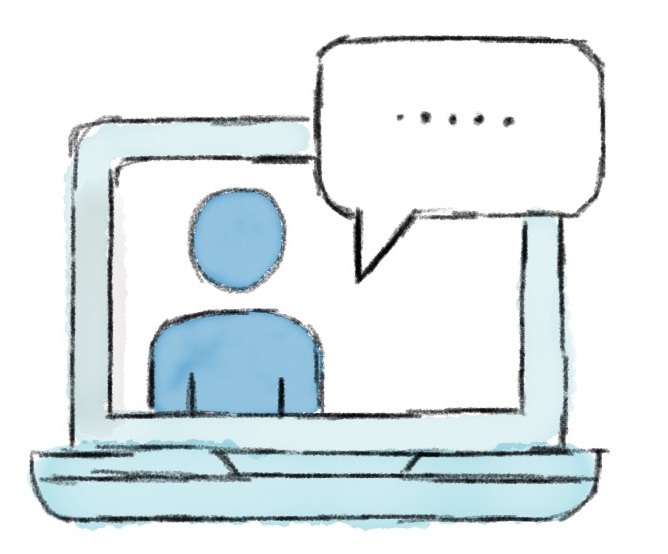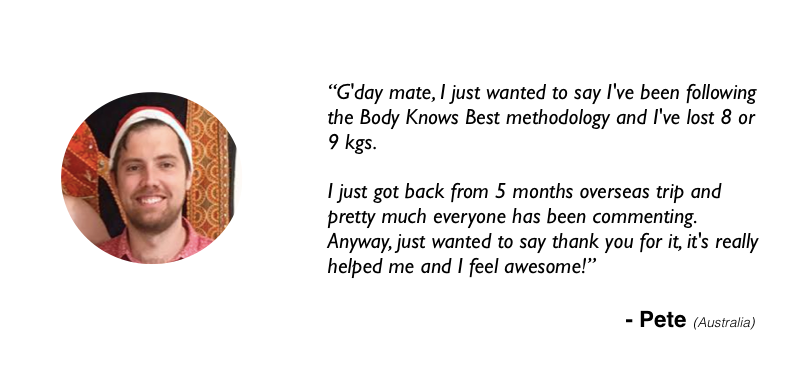How Weight Loss Coaching Works

Imagine trying to climb a mountain all on your own.
Without any help or support.
Without any maps or sense of direction.
No guiding ropes.
How likely are you to complete this journey?
How likely are you to get lost?
Yet this is how most people approach their weight loss journey.
People usually have a rough idea of where to go (i.e. which way the sun is setting).
But most people don't have support guides to help them at different parts of their journey.
If you’re ridiculously motivated—and have relentless perseverance—you might be able to get to the end on your own.
Maybe.
But in my experience, most people need some amount of coaching and support.
And that’s okay. It’s not a sign of weakness or incompetence. In fact, it’s the way humans do most things.
It’s how we learn to read, write, walk, and talk.
It’s how we learn to do a job and improve professionally.
It's how we improve in sports.
It’s how we become better parents and partners.
It’s how we grow as human beings: with coaching, support and accountability.

The individualist hero who accomplishes big things all by themselves is a myth.
From my experience of helping people on their weight loss journey, most people don’t want “an expert”.
They want a guide, a coach - someone they trust.
Sometimes clients get stuck. That’s when a guide can help.
Someone who’s “been there, done that” and knows how to navigate tricky scenarios.
Regular Check-ins

Did you know accountability works best if it happens at regular, expected times?
Whether through an app, in a group, or one-on-one, accountability should have a known cadence.
The social commitment helps us stick with what we started.
Sometimes all we need is just reminders to get back on track - in the form of regular check ins.
That's why our coaching check-ins happen at a fortnightly basis.
Building a Weight Loss Plan

Here are the finer details of working with a weight loss coach:
Phase 1: Goal Setting
- Setting goals with a coach that inspires you and keeps you accountable
- Learning how to motivate yourself over the long-term, not just the short-term
- Setting the right expectations so you stop feeling stressed and impatient
Phase 2: Skill Building
- Breaking down your goals into smaller habits - nutrition, exercise sleep and stress
- Identifying and focusing on the most important habits first
- Learning strategies so that habits become a natural part of your lifestyle
Phase 3: Tracking and celebrating your Progress!
- Regular check ins with your coach to stay accountable and track your goals
- Having supportive conversations to help you navigate weight loss plateaus
- Adjusting goals to keep a positive progress mindset throughout your journey


If you would like to book in a free call with a coach, click here.
